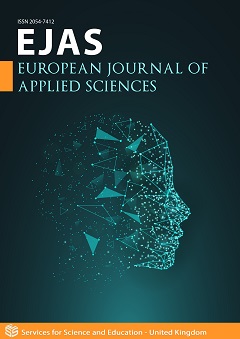The Uncertain Response of Atmospheric Temperatures To Increasing Carbon Dioxide Levels and Implications for Climate Litigation and Compensation Claims
DOI:
https://doi.org/10.14738/aivp.1206.17962Keywords:
climate change, sensitivity, greenhouse gas, natural, anthropogenicAbstract
Climate change has increasingly become an issue where parties are being held accountable because of assumed causation by human greenhouse gas emissions. At the international level, the United Nations COP21 led to the Paris agreement in 2015, a legally binding international treaty on climate change, adopted by 196 parties. Subsequently in 2021 at COP26 in Glasgow, loss and damage was a key issue. Attempts to seek financial compensation or enforce restrictions on activities relating to fossil fuels have occurred at various levels in many different countries. In 2022, the U.N. Human Rights Committee found that Australia had failed to adequately protect indigenous Torres Islanders against adverse impacts of climate change. Other cases relate to Project Approval and Corporate Accountability, but there is generally an absence of questioning the IPCC position that climate change during the industrial era has been predominantly caused by human emissions of greenhouse gases. However, an examination of the scientific literature reveals that the assumption “the science is settled” needs to be carefully reconsidered. Using techniques such as AI provides evidence that the sensitivity of climate change to anthropogenic emissions may be significantly lower than currently endorsed by the IPCC, and the contributions of natural factors is under-estimated, thereby reducing climate sensitivity from a mean of 3.7°C to 0.7°C. Trillions of dollars are being claimed worldwide for loss and damage allegedly caused by anthropogenic climate change. These claims could be greatly affected if the dominant cause of climate change are natural.
Downloads
Published
How to Cite
Issue
Section
License
Copyright (c) 2024 John Abbot

This work is licensed under a Creative Commons Attribution 4.0 International License.






